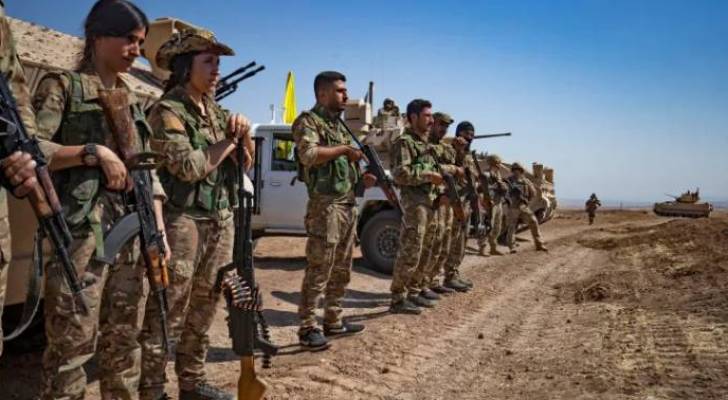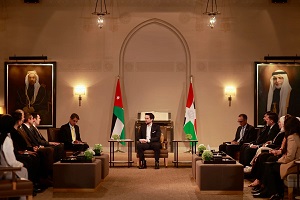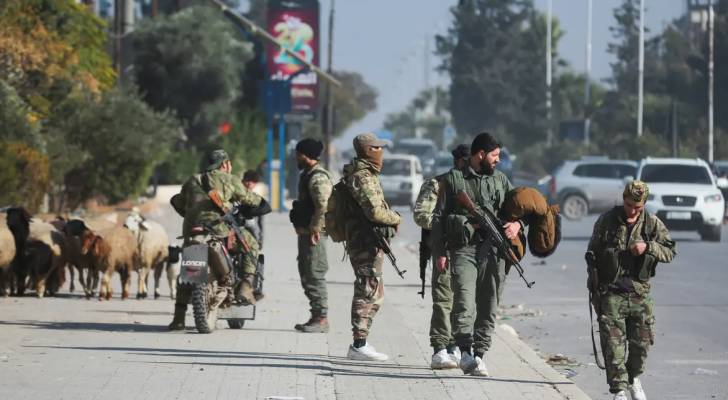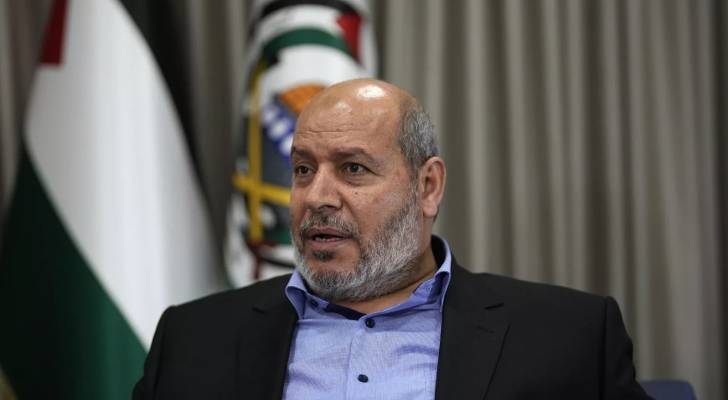Gaza’s mental health crisis persists two years into war, reports show
AFP
AMMAN — Two years into the war in Gaza, one of its most devastating and least visible legacies is the psychological toll. In a recent address in Amman, HRH Prince El Hassan bin Talal warned of the “deep scars of conflict that reach beyond the physical.”
Speaking at a humanitarian forum, he urged collective responsibility for “restoring human dignity through mental and emotional healing”, arguing that Gaza’s long-term stability depends on rebuilding trust and hope, not just infrastructure
His message resonates with alarming findings from international organisations documenting a mental health crisis of unprecedented scale.
According to the World Health Organisation’s 2025 review, 54 per cent of Gaza’s children show symptoms of post-traumatic stress disorder (PTSD), 41 per cent suffer from depression and 34 per cent from anxiety.
Among adults, 40 per cent exhibit PTSD, compounded by repeated displacements and the collapse of health services.
A WHO survey conducted between June and August 2024 found that nearly all displaced Gazans screened positive for depression or anxiety, with 94 per cent reporting severe stress.
Children are the most vulnerable. UNICEF estimates that nearly all of Gaza’s 1.2 million children require immediate psychosocial support.
“Of 12 children I met, more than half had lost a family member; three had lost both parents,” said UNICEF spokesperson Jonathan Crickx in February 2024, describing widespread nightmares, panic attacks and anxiety.
A 2024 War Child Alliance study, cited by the UN Office for the Coordination of Humanitarian Affairs (OCHA), found that 96 per cent of vulnerable children, those injured, disabled or separated from parents, feel their death is imminent, while nearly half said they want to die.
“This report lays bare that Gaza is one of the most horrifying places in the world to be a child,” said Helen Pattinson, Chief Executive of War Child UK.
“Alongside the levelling of hospitals, schools and homes, a trail of psychological destruction has caused wounds unseen but no less destructive for children who hold no responsibility for this war,” Pattinson added.
Education, a stabilising force, has nearly collapsed: 92 per cent of schools are damaged or repurposed as shelters. UNESCO has piloted small-scale therapy programmes in Rafah and Khan Younis, reaching 1,500 children through art and play sessions to help them process grief.
Healthcare workers face relentless pressure. Doctors Without Borders (MSF) reports that in just two months of early 2025, its teams conducted 82,000 consultations, with one in five linked to trauma-related conditions.
Despite losing dozens of staff members, UNRWA continues to deliver psychosocial care to more than 35,000 children through its “Back to Learning” initiative. “Gaza’s youth grapple with PTSD, anxiety and depression... This is a war on futures,” warned UNRWA Commissioner-General Philippe Lazzarini in a 2024 report.
As the crisis deepens, regional actors are stepping in. Jordan launched the Restoring Hope initiative in 2024 under the directives of His Majesty King Abdullah, supporting both the physical and psychological rehabilitation of Gazans.
“The impact of Restoring Hope extends far beyond the numbers,” said Rami Farraj, Chair of the Restoring Hope Society. “We hope to see children return to school, adults regain independence, and families rebuild their lives. Each act of care represents not just recovery, but restored dignity.”
At the Global Disability Summit in April, KingAbdullah underlined the spirit of the programme: “Through Restoring Hope, we demonstrated that leadership, compassion and innovation can flourish in the darkest places, to restore hope not just through words, but through actions.”
Latest News
-
 Syrian defense minister announces "comprehensive ceasefire" with Kurds
Syrian defense minister announces "comprehensive ceasefire" with Kurds
-
 King holds phone call with US president
King holds phone call with US president
-
 Crown Prince meets winners of Al Hussein Award for voluntary service
Crown Prince meets winners of Al Hussein Award for voluntary service
-
 Clashes erupt in Aleppo between Syrian army and SDF, dozens displaced
Clashes erupt in Aleppo between Syrian army and SDF, dozens displaced
-
 First round of Gaza talks concludes in ‘positive atmosphere': Egyptian media reports
First round of Gaza talks concludes in ‘positive atmosphere': Egyptian media reports